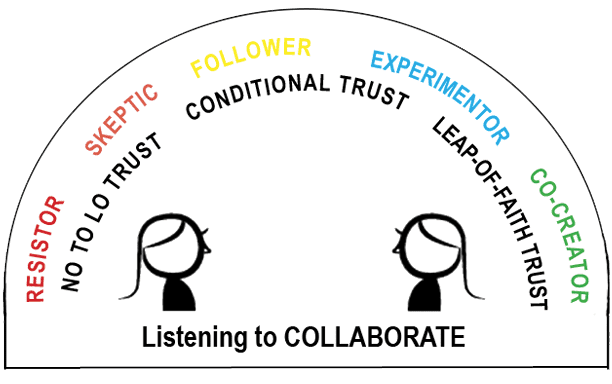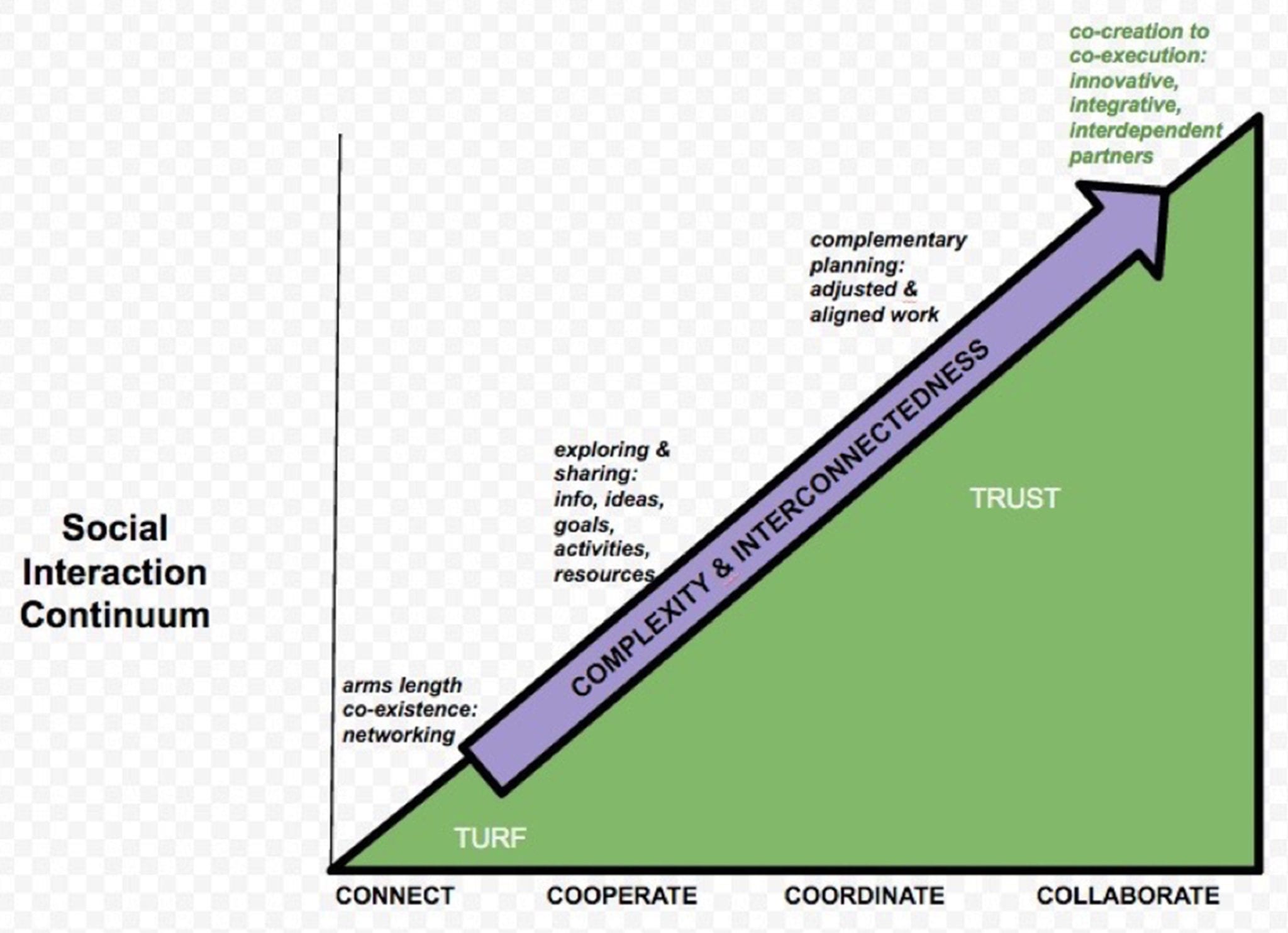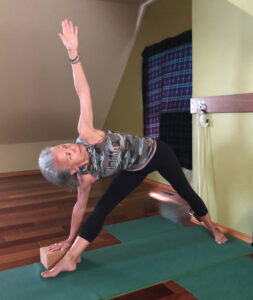In light of what I view as fear-based American politics and propaganda, apparently, the emotional war between the ego’s desire for turf and the heart’s desire for trust is in full swing.
Another way of interpreting this internal human struggle, now visibly externalized, is to understand it as a balancing act between autonomy and community or “I and We”. In our quest for self-determination, it is exactly this struggle every human, individually and collectively, must overcome.
In his recent book, Tribe: On Homecoming and Belonging, Sebastian Junger stresses autonomy, competence and community as the three pillars necessary for self-determination.
… self-determination theory … holds that human beings need three basic
things in order to be content: they need to feel competent at what they do;
they need to feel authentic in their lives; and they need to feel connected
to others. These values are considered “intrinsic” to human happiness and
far outweigh “extrinsic” values such as beauty, money, and status.
Modern society seems to emphasize extrinsic values over intrinsic ones,
and as a result, mental health issues refuse to decline with growing wealth.
Junger’s research on modern society, in contrast with a more traditional tribal lifestyle, revealed that “as modern society reduced the role of community, it simultaneously elevated the role of authority.” However, “most primates, including humans, are intensely social, and there are very few instances of lone primates surviving in the wild.” We know that individual mental health increases with involvement in one’s community. Similarly, when we are “actively engaged in a cause our lives have more purpose, which results in our overall health improving. To carry this a step farther, when we engage with others in conversations that influence our minds, hearts and spirits, we are co-creating. Being able to contribute our genius in the creation of a better way or widget directly impacts individual and community growth and development.
Because we are communal beings, another fair assumption is collaboration and co-creation are hardwired into our DNA. Well-documented attempts to build stronger teams, organizations and communities have us working together with others and co-creating mutual support and value. It is safe to say, we are not alone. By sharing ideas, listening without judgment and developing solutions together, we catalyze shared meaning and shared growth, both intra- and interpersonally. And, those who share the desire for autonomy, competence and community are growing in numbers and keen to spread their influence globally.
To ensure the spread of successful collaboration, trust rather than protection of turf is paramount. However, as the interconnectedness in our global environment increases, so does the complexity of technical and social responses necessary to achieve collaboration. To adapt and transform amidst such complexity is exactly this type of social interaction — collaboration — where the collective knowledge and co-creative powers of many invent new solutions and add new value. Herein lies the conundrum. In our complex and interconnected world, trust is foundational for collaboration and co-creation, but the prerequisite, trust-building, is not a mainstream skill.
Social Interaction Continuum: From Turf to Trust
In the Social Interaction Continuum above, connect, cooperate, coordinate,
and collaborate are different degrees of interaction available in response to
technological and environmental complexity. Each higher level requires
elements of the levels below it. That is, collaboration requires connection,
cooperation and coordination of effort. Coordination requires cooperation
and connection whereas for cooperation to occur it requires a connection
with others.
In a fear-based society, trust is not what is offered to each other, let alone to strangers on the other side of the world. Nonetheless, trust is what must be freely given. In essence, it is the leap of faith so often characterized as the transformational turning point responsible for minting the desired outcome. So, trust we must.
 What one act of trust can you offer to yourself, your family and your community that steps you closer to your desired outcome?
What one act of trust can you offer to yourself, your family and your community that steps you closer to your desired outcome?
For more on trust and deep collaboration, click here.






